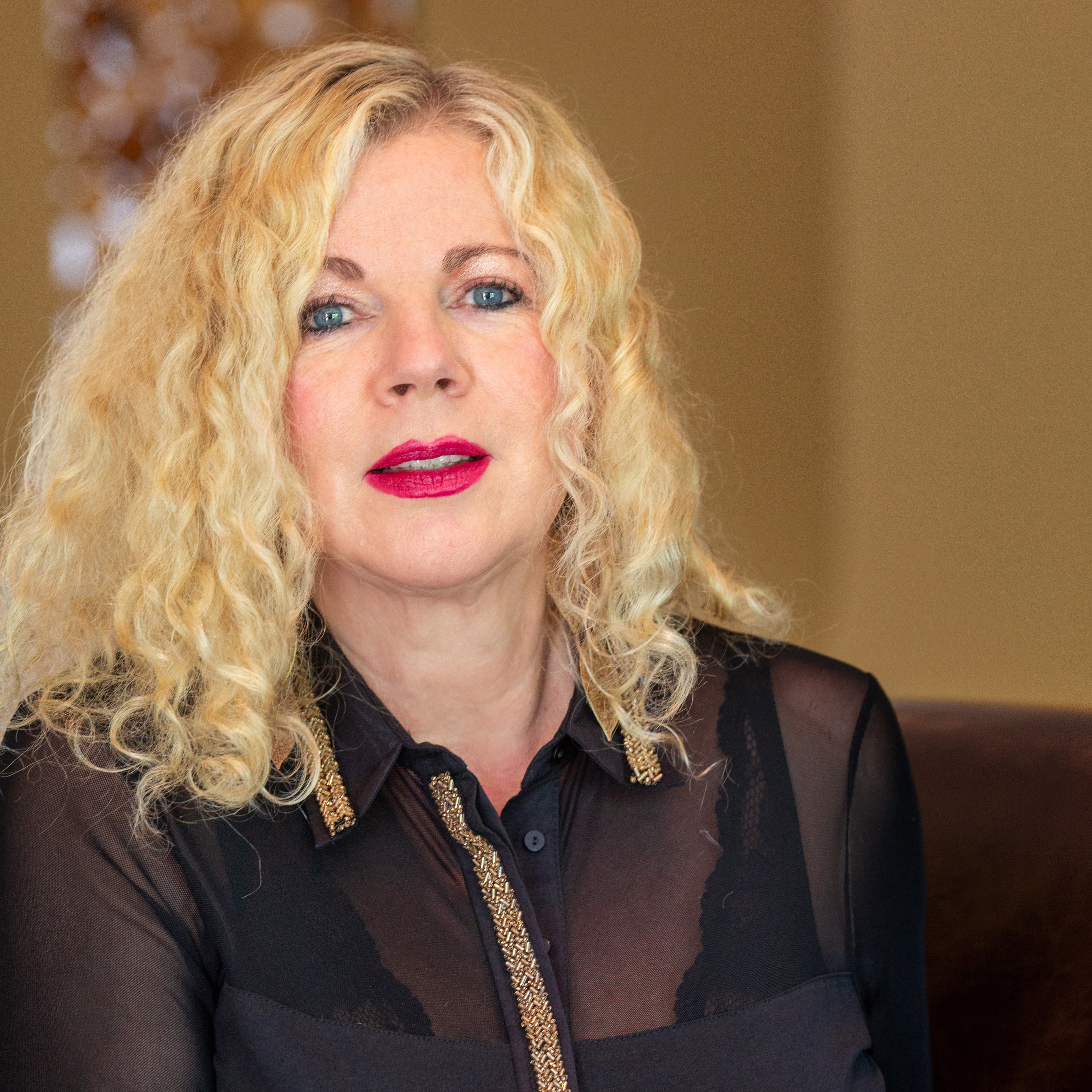

For the devotion to our mission in life, the ego must die.
You want to make it big, earn lots of money, maybe get into power? Of course, because career is everything. If you are charmed by questions like these, please note that all this only revolves around yourself, with no attention paid to the fact that it’s revolving, and not really moving on. Welcome to the treadmill of ego values, where it’s all about money and more, and never what is really important for you. “The exciting question is less about ‘what should I do with my money’ than ‘which kind of life do I want to have, and which role does money play in it’,” renowned financial advisor Nikolaus Braun says.
It doesn’t matter whether you are an entrepreneur or a subordinate: we all live with the inheritance of some values. Most of us are not aware that these values may be a poisoned gift: they’re an invitation to take a seat in the comfort zone. Very quickly, old value systems compromise your own will to be the one you want to be. Most people consequently live out of the sphere in which they were connected to their original purpose. Other priorities like wealth and prosperity, success or even power get in the way – and you soon find yourself pushing hard in a work spiral for the rest of your life.
On their deathbed, exceedingly few people regret not having worked a few additional nightshifts.
Car engineer Ferry Porsche was someone who very skillfully managed to bypass such a fate. There is this very famous scene in a documentary, where young Ferry, sitting in one of his self- made Porsche cars, simply states: “How we came to the idea to build this car? It was actually my passion to create a fast travel car.” That’s what has driven Porsche throughout its entire company history: genius and continuity. Even before that, Ferry’s father had done everything he could to build the perfect car – in this case a reliable and (at 999 German Reichsmark) affordable car for the people. Naturally, the “Kdf Car” (meaning “Kraft durch Freude” (“power by joy”), within the scope of the Nazi-German holiday program, was a huge project. Near the town Fallersleben, a whole new town had been rolled out from the ground up: Wolfsburg. From the beginning, Ferry Porsche was the coordinator at the side of his genius father – who got too involved into the fateful conditions of the NS era. Rumor has it that Ferdinand Porsche was too ambitious an engineer to see the point of keeping his distance to the regime.
It was the Nazis themselves who ended up creating that distance at beginning the World War that stopped the production of the marketable KdF car and relocated the Porsche family to Gmünd in Austria.
During the entire Nazi era, not one affordable so-called “Volkswagen” left an assembly line. Instead, Ferry and father Porsche were forced to produce a jeep (“Hitler’s convertible”) and an amphibious vehicle (“Schwimmwagen”) for the war effort. Filled with bitterness, Ferdinand and his team decided to get into a mindset of inner emigration. Other constructions like tanks and tank transporters broke down on the battleground en masse – no one knows if the reason was too little knowledge or sabotage. Nevertheless, it sounds like a Bernard Livegoed bon mot to say that “the powers for good always strive to react to the deeds of the powers for evil so that these are turned around to the positive”.
I wouldn’t have changed a single screw.
To make a long company story short: after WW II, Ferry, the son, packed up everything valuable in connection with the KdF car’s and other models’ plans in order to put it and all of his consolidated know-how into the first ever “Porsche”: construction number 356, the forerunner of famous “911”. The first “Porsche”: pure passion, a l’art-pour-l’art sports car. Father Ferdinand’s verdict that he “wouldn’t have changed a single screw” is a rare documentation of the father-son heritage. Father Porsche could be sure that his son would continue his legacy – first as a passion, then as the most successful car brand in the world. Values that he himself had been denied. One may assume that Ferry’s father was proud and grateful to his son for the rest of his life as he was able to realize through his son what he himself had been living for. While Ferry, who presumably lived only for his passion, went on to create a completely satisfying legacy of his own.
The usual safeguarding of a legacy is usually more traditional: the legacy, intellectual or material, is to continue in exactly the same way that the originator planned. In other words: father doesn’t let go. Heirs often go into this without thinking of their own possible purposes in life. It is assumed that they fall into bitterness when their genius and values are not congruent with those of the predecessor. Ferry Porsche seems to have inherited his father’s genius and values which materialized in his constructions. What the father could not accomplish during his heyday, the son completed. Father and son are connected by their common genius; and thus the Porsche family created Porsche and Volkswagen as well as numerous other successful car brands.
For people who are connected to their genius,
the world is open.
In business, the mainstream is different – you can see this just by looking in people’s faces. Every unhappy face reveals that the connection between ourselves and our nature is disrupted. Almost no one has forgotten what once triggered, moved or made them curious or feel like they were in their element. Different family-related or cultural programs come between our wishes and reality. They replace curiosity as our original power by experience. We start chasing success without really knowing what for.
That’s why you can see traces of tiredness and slackness in most faces as a result of the incredibly huge waste of energy without connection to their inner sources. Instead, the mentality of “having to” may arise, the tendency to quit, or worse. In this kind of environment, the next goal turns out to be the lunch break, weekend, vacation and finally retirement.
“S” as in “self-actualized”. Abraham Maslow’s objects of investigation, the so-called “S people”, are defined as highly motivated personalities, never out of reach of their natural will. They are not even in need of “motivation” to achieve the highest goals, but instead follow their curiosity, triggered by and in the momentum of their purpose. People like artists or scientists, who return to their studio or lab after a party to see what’s going on. Or guys like Ferry Porsche peacefully tinkering until the big thing sees the light of day – just by passion. Great entrepreneurs create great companies and brands, in addition to value, which is preserved and passed on over generations: it’s the famous small step of an individual which turns out to be a great step for humankind. Knowing that they create these values makes them happy from the beginning to the end. That’s why you cannot overestimate the sense of leaving your ego and getting back to your true self and finding your place in the world.
Thanks to her expertise, Sonja Becker has led thousands of people back to their roots so that they can re-create their legacy out of their lifetime achievement for the next generation. The destruction of ego goes hand in hand with the development of your genius. It is only behind the (unconscious) role patterns of your life that the real meaning of your life comes into focus. You may be the born mother, the genius number cruncher, or the natural scientist; but certainly not the authoritarian exploiter, the greedy money man, or the one who waits with tired eyes for the next vacation to arrive. Curiosity doesn’t need a vacation!
Maybe this is a movement made by people who are fed up with ego-materialist culture, and see the need to found a culture based on the interest in other people!

Contact
Are you curious and want to learn more?
We’d be happy to provide you with profound information about our offerings, with no obligation.

